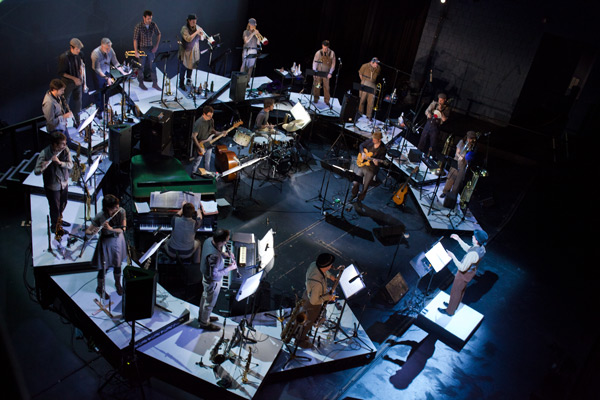This is the first of what will likely be a very occasional series, pointing you to some stuff I thought was, well, worth reading.
Alex Ross on pop culture and power. Key sentence: "Between them, Adorno and Benjamin were pioneers in thinking critically about pop culture—in taking that culture seriously as an object of scrutiny, whether in tones of delight, dismay, or passionate ambivalence."
A conversation with Richard Powers. Key sentence: "You can listen to music for millions of different reasons, and if you consider the fundamental components of music—melody, harmony, rhythm, texture, timbre, form—there are styles of listening that emphasize each of those."
Leonard Pierce on Paul Thomas Anderson's The Master. I disagree with an important premise of Leonard's, but his insights are important and his engagement with Anderson and his film vital. Key sentence: "The emotional weight of the film, the tenor of feeling it achieves when it starts throwing roadblocks instead of opportunities in front of its protagonists, is exceptionally well-delivered."






